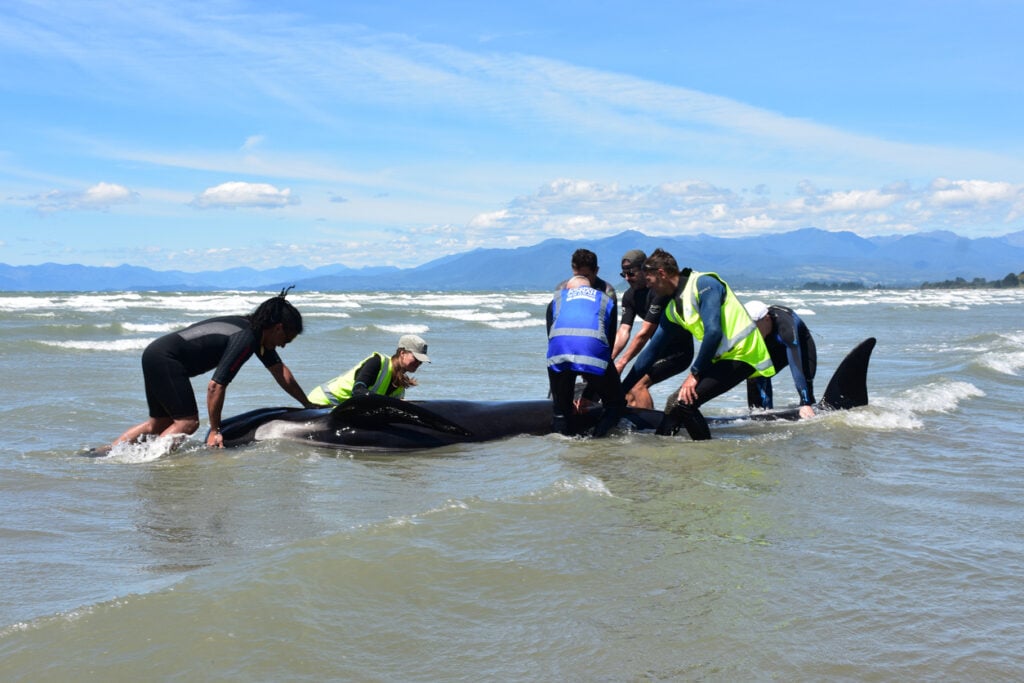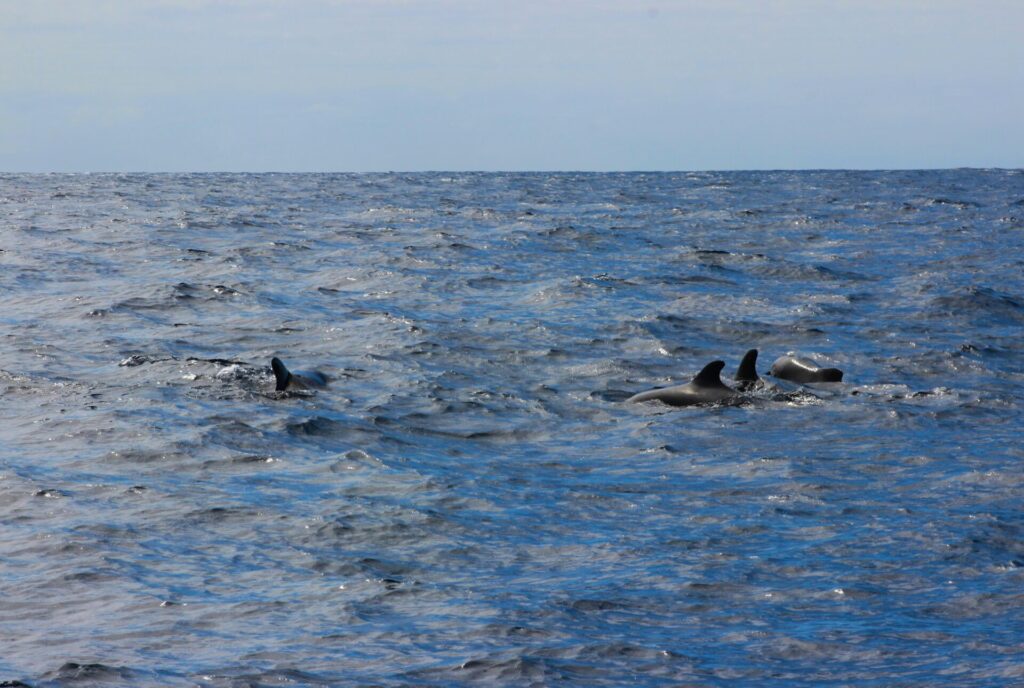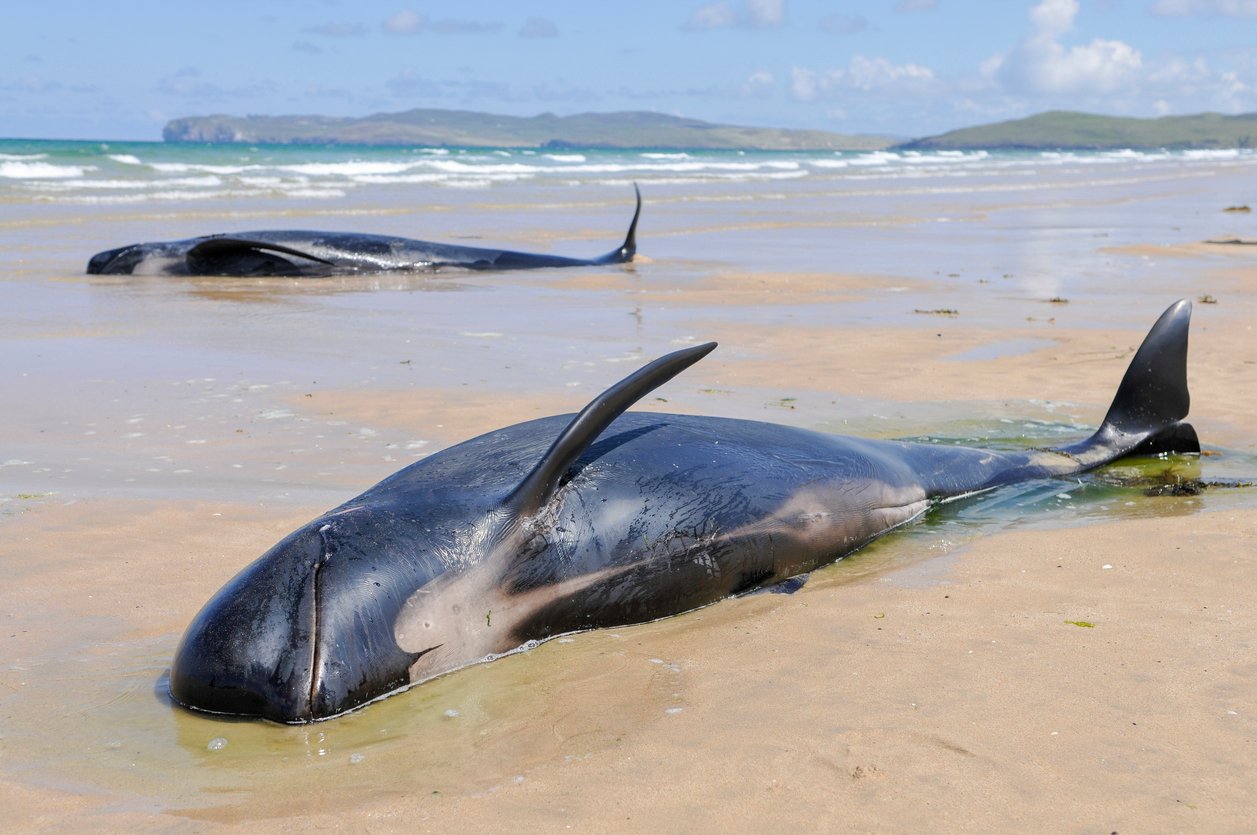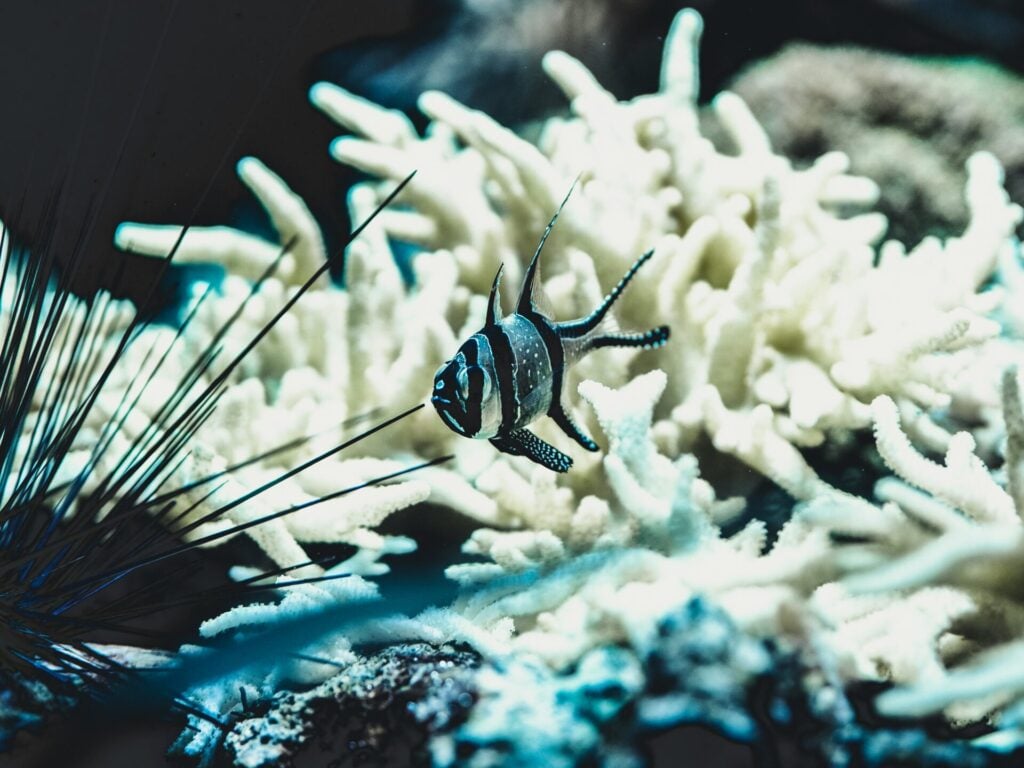The number of marine mammals stranded in Scotland has risen dramatically in the past 30 years, according to new research – and climate change could be a factor.
From 1992 to 2022, 5,147 cetaceans died on its shores, and a new paper shows steep increases in the rate of strandings of up to 800 per cent in some species – with the numbers increasing every year.
Scientists say this may be due to more animals moving north as waters warm due to climate breakdown.
Since March 2025, the waters of the northeast Atlantic have been experiencing an unprecedented marine heatwave. Sea surface temperatures have reached up to 4°C above the seasonal average, according to data from NASA and the UK’s Met Office.

The paper, by the University of Glasgow’s Scottish marine animal stranding scheme (Smass), follows large-scale deep-diving whale species strandings on northern European shores.
Record Breaking marine Mammals Stranded
Over a period of just over two weeks, 36 beaked whales and pilot whales were found in locations from western and southern Ireland to Orkney, the English coast of Norfolk, the Netherlands and southern Sweden.
The animals appeared to have entered shallow seas where they could not forage for their usual foods such as deep-sea squid.
‘Clusters of beaked whales should raise suspicions,’ said Dr Andrew Brownlow, the director of Smass.
It is believed that sonic disturbances, including the use of military sonar, can cause deep-diving whales to strand.

Rachel Lennon, the lead author of the paper published in the journal Scientific Reports, said that in Scotland ‘sources of anthropogenic noise are abundant, including seismic survey air guns and drilling from industrial construction’.
The paper was compiled after Smass scientists attended the strandings of four northern bottlenose whales – another beaked whale species – and a pod of 23 pilot whales on the Orkney Islands. A total of 150 marine animals have mass stranded off Scotland this year.
Smass scientists are also concerned that the number of stranded baleen whales such as fin, minke and humpback whales has risen sharply over the survey period.
As surface feeders, baleen whales are prone to being caught in fishing gear, leading to protracted deaths from starvation or infection. The paper also shows an increase in the number of stranded common dolphins and harbour porpoises, which can be vulnerable to collisions with leisure craft.
Professor Rodney Forster, from England’s University of Hull, said the sea off the coast of the northern UK is responding to global warming with temperatures 2C higher than in the 1980s.
‘What we are seeing this year is consistent with a long-term pattern, gradually warming month on month,’ he said.
The research found that the average sea temperature off the coast between January and August in 1986 was 8.2C. So far this year it has been 10.7C.









